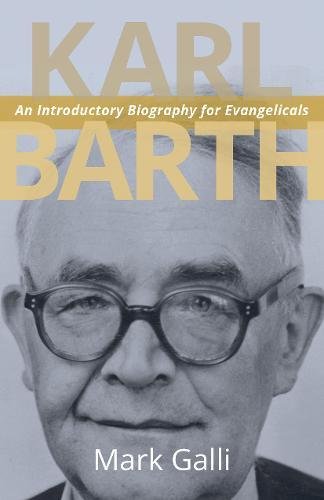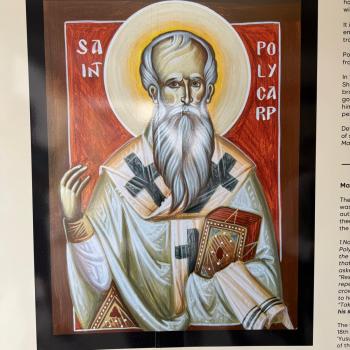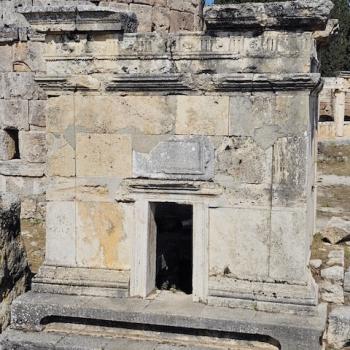Q. How does dialectical theology (the embracing of paradox, or even what seems to be outright contradictions) help us understand Barth himself, as well as his thought? What does he mean by ‘the hidden god’ or even ‘the unknowable God’?
A. To me it makes rational sense to embrace dialectical theology—and that, of course, is another paradox! That is to say, we grant that the infinite, uncreated God and his ways are finally unknowable by finite and created creatures. Anything we say about God is partial and provisional, only capturing part of truth. The fact that there is another way to talk about God that seems to contradict the first view doesn’t surprise me, given the finiteness of our knowledge. I can happily live with the idea with many paradoxes: Jesus is God and man; the Bible is God’s word and human words; God is infinitely distant from us and closer that we are to ourselves; and so forth.
There are limits, of course, and those limits are given by God’s revelation in Christ. So of course we’re not going to say, “All religions are the same, each have a partial picture of God.” So as you can see, it’s not dialectical theology that is at issue here, it’s Jesus Christ. In the end, I can take or leave dialectical theology and embrace another way of doing theology IF it better exalts Christ as revealed in Scripture.
Q. How does ‘later’ Barth, help us understand ‘earlier Barth? Is dialectical theology just a rhetorical ploy to blow up liberal theology, and hit the reset button so the emphasis will be entirely theocentric rather than anthropocentric, so that we will realize that God is a being of a wholly different order than human beings?
A. The later Barth doesn’t pound the table with dialectics. But he was still committed to using it to grasp who, in fact, Jesus Christ revealed himself to be. You see in the fourth volume of the dogmatics talk about Christ as Servant and Christ as Lord, Christ as “sinner” and Christ as holy God, Christ as truly God and Christ as true man.
Anything we can do to remind people that God is, yes, a wholly different order than human beings is to be commended, in my view. We are idol manufacturers at heart, always tempted to create God in our image. We need to have our idols smashed now and then.
Q. Talk to us about Barth’s hubris, which led to his self-mocking, realizing he needed to take a humility pill once in a while? Is his hubris about his theologizing one of the main reasons people like Brunner found him so off putting?
A. Probably, but I have no knowledge of Brunner’s personal reaction to Barth, other than I believe he was both deeply hurt and felt misunderstood by Barth. As I said, I don’t know that I would have liked Barth myself. I tend not to like arrogant people—and I say that with a measure of hubris, because of course I think such people are beneath me! Self-mocking is good medicine for the soul for people like me.













